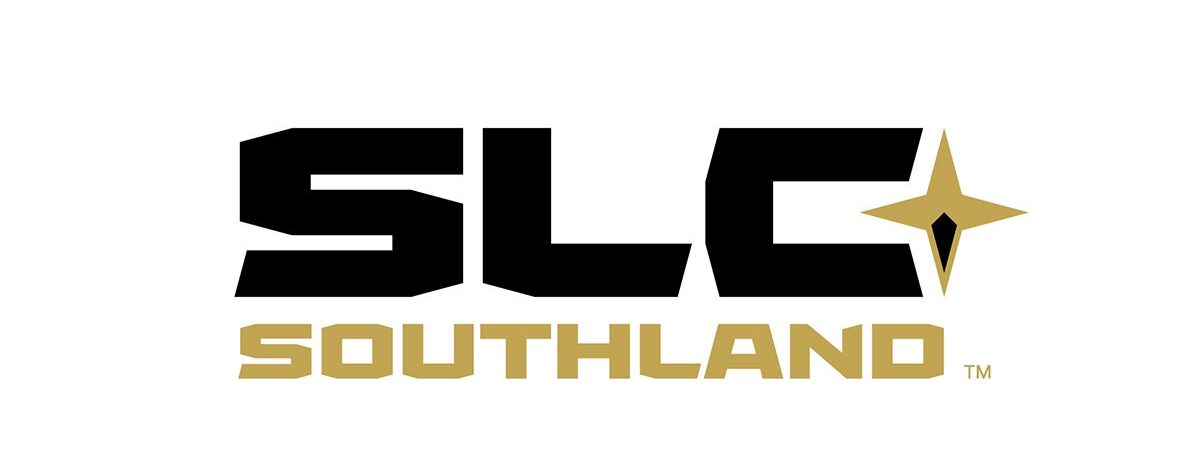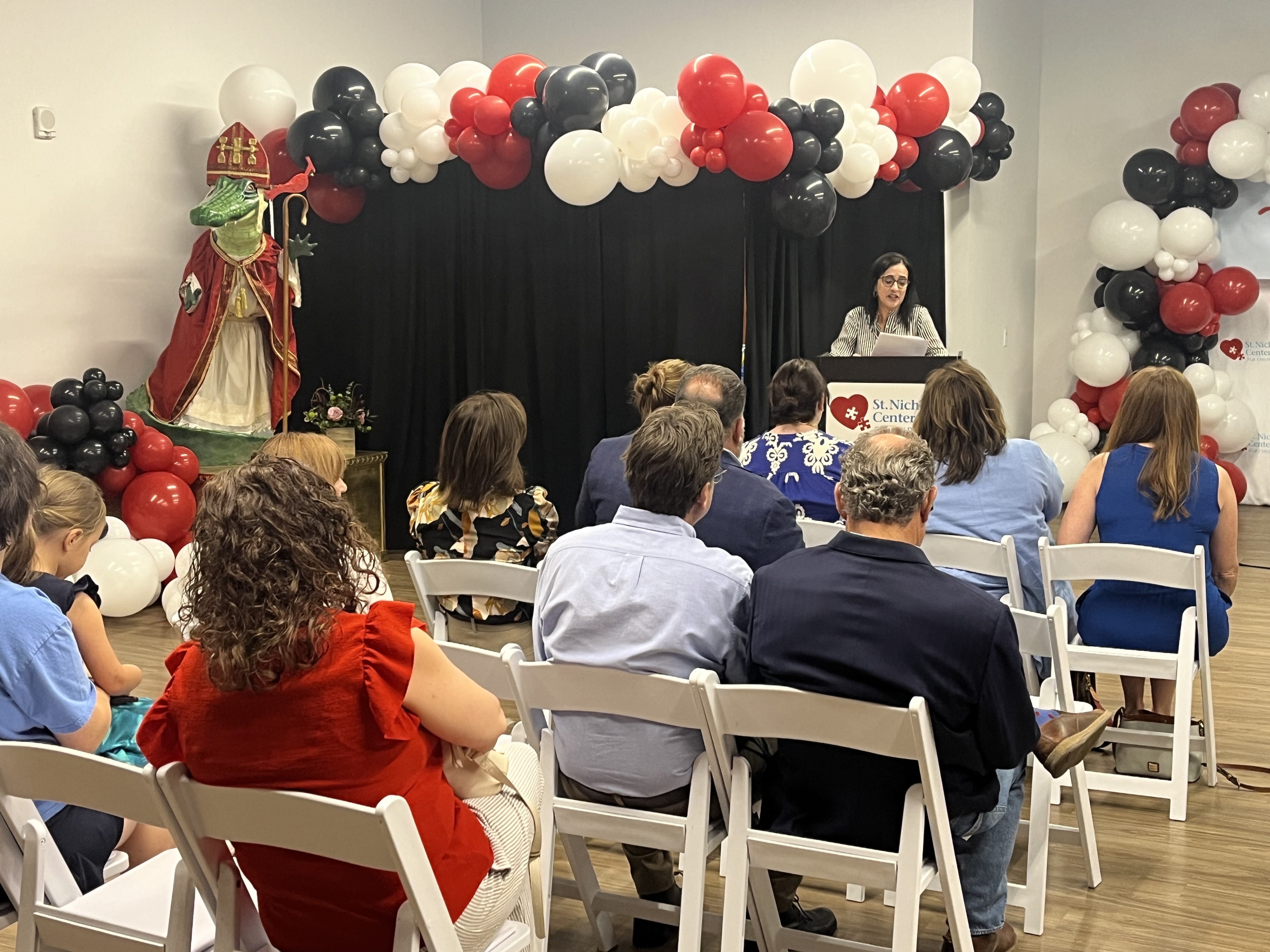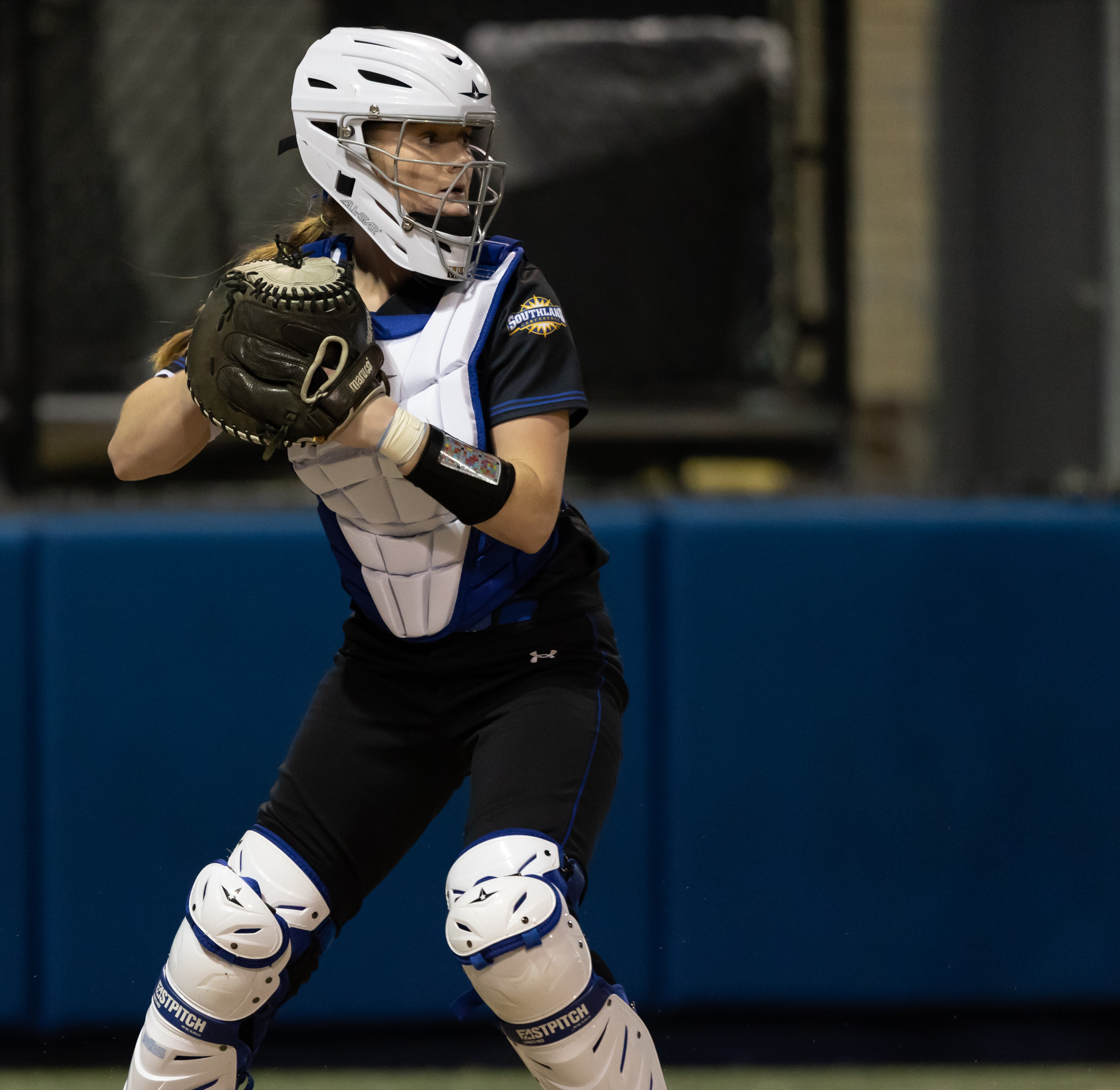SLC deals with settlement
Published 2:16 pm Friday, June 13, 2025
When it comes to dealing with the House settlement, not all Southland Conference programs are alike.
Three of the league’s schools are expected to opt out of the agreement in the first season, as the conference appears split on how to proceed with the 10-year, $2.8 billion settlement that takes effect on July 1.
“Each institution has to do what is in the best interest of them and their student/athletes,” said Thomas Samuel, SLC Deputy Commissioner.
Samuel is running point for the league as it deals with the settlement.
“Our schools have to balance a lot of things as they make these decisions,” Samuel added. “There is no right way or wrong way to go about this. We will continue to support each school in its decision-making process.
“We are each learning as we go along. These schools may decide they want to opt into the settlement after the first year.”
The three schools expected to opt out in the first year are Nicholls, Houston Christian, and Incarnate Word. Schools have until June 15 to make a final decision.
“Being a private school, it is different for us,” said Houston Christian Athletic Director Steve Moniaci. “For us, it is about roster caps. We count on revenue from student tuition, so capping the number of roster spots would hurt our student enrollment.”
While for the first couple of years roster spots are supposed to be grandfathered in for schools, that will change in the coming seasons with the settlement.
“That may change for us as we see how things progress,” Moniaci said. “We are going to look at it year-by-year, and if we need to, we can change. For this year, this is best for us.”
Opting out doesn’t mean the schools won’t have to pay past NCAA athletes. That number is expected to be $180,000 for the first year in Southland schools and will increase to between $250,000 and $300,000 for the final nine years.
Those schools opting out will also still have NIL (Name, Image, and Likeness) for their athletes; they will simply continue to do business through private businesses and collectives, rather than in-house.
“We will just be doing all that the same way we have for the last few years,” said Moniaci.
McNeese, for example, will bring its NIL in-house with the school working directly with athletes.
As a more professional-type business model takes hold, concerns arise about the future of Olympic sports and those that don’t generate the same revenue as others.
Stephen F. Austin dropped three sports in May: men’s and women’s golf, bowling, and beach volleyball.
“That is definitely a concern,” Southland Commissioner Chris Grant said. “We are all looking at all ways to help those Olympic sports in the future. We would like to create more opportunities for them and their athletes.”
McNeese Director of Athletics Heath School is all too familiar with this issue. He dropped the men’s golf program following the COVID-19 pandemic and while rebuilding his athletic department after the 2020 hurricanes.
Schroyer also started a beach volleyball program two years ago.
“Sometimes these decisions aren’t popular with everyone, and that’s OK,” Schroyer said. “I get it. The only constant in life is change; college athletics have undergone significant changes in the last few years, and this trend is likely to continue.”
While McNeese is one of the nine SLC schools opting into the settlement, Schroyer also ensured that he kept future options open.
“We’ve decided to opt in and bring our collective/NIL in-house and participate in revenue sharing,” he said. “We’ll keep the same scholarship numbers this first year for each sport. During this first year, we will evaluate both our financial situation and the national landscape.”
All parties believe that there will likely be more lawsuits forthcoming as the landscape of college athletics continues to evolve.






